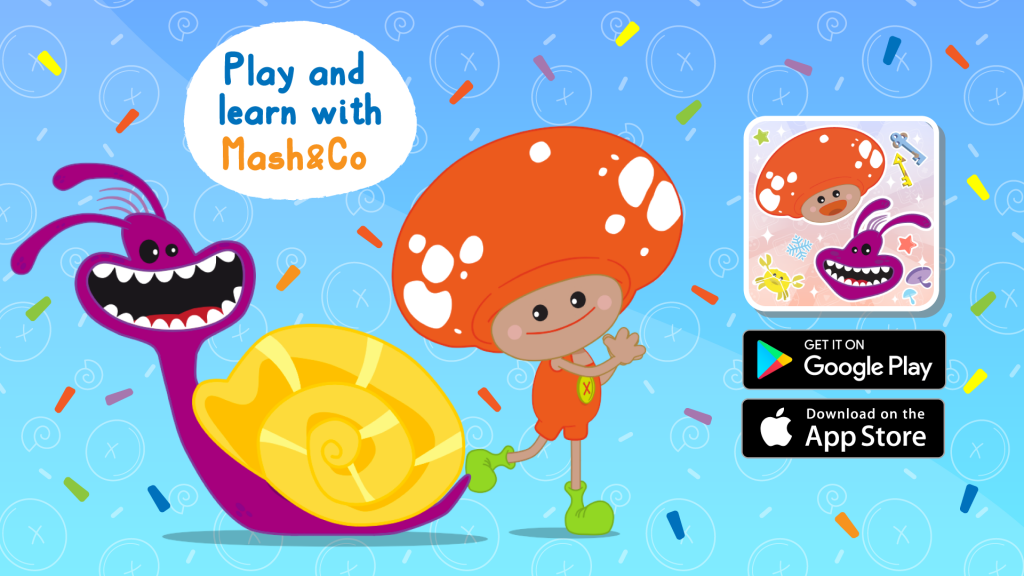How To Teach Kids Ecological Awareness
How many times do we feel uncomfortable to live surrounded by nature? The mud from a sudden rain change our day, forcing us to change our plans. We don’t like the rain, and it’s all fault of our society.
Nowadays we live a mechanical-materialistic life that leads us to a vision of a life connected to the desire of objects and competitiveness as our life pivot. Thus, we pass the same paradigm on today’s kids, forgetting that first of all they are children of nature.
Let’s get closer to nature

Today we have to bring children –the future leaders of tomorrow– closer to nature to teach them ecological awareness.
Let’s start with the idea that we can teach everything to our little ones: Using the right approach we can convey them the importance of nature, to help their psychological and physical development.
Maria Montessori said the best way to teach children ecological and environmental awareness is to immerse them in the farm work, showing the cultivation of plants and care of animals for a smart contemplation of nature.
The essayist Fritjof Capra said in fact, children understand and live the phenomena associated with life, the flow of energy and the cycles of nature. They know that phenomena are cyclic and reintegrate everything in a stream of power, while industrial systems are linear and generate waste.
What to learn from agriculture and animal care?

They learn ethical values from a fun activity. Remember that joyous experiences are crucial in teaching, and the cultivation of vegetables creates a rich experience and also immerses children into the magic of nature, they could not experience otherwise every day.
But what do children learn?
1. They begin to observe the phenomena of nature. The more they see, the more they will grow a sense of concern towards another living being, understanding the spirit of care that the parents or the teachers have for them as well.
2. To feel a sense of foresight that leads children to feel a mission in life. Children auto-educate themselves whenever the plant or animal in their care needs help, without asking an adult.
3. When they begin to plant a seed and observe it delays to sprout, they learn to be patient and the value of waiting. Also, they will appreciate the fruits and vegetables which growth has been possible by their lovingly care.
READ ALSO: Becoming An Eco-Conscious Mom
4. They will love all the manifestations of life naturally and develop a sense of trust towards other living beings as a form of love and union with the universe.
5. Our lifestyle influences our children’s life. Immersing them in the activities related to nature clarifies in them the difference between natural products and artificial ones. Most of all they will experience the development of empathy, experiencing the natural transition from an individual to a civilised man.
We have to understand that sustainable communities rely on a long-term system. Environmental awareness needs the practice to teach the respect of nature. So try to immerse your children in nature as much as possible, let them go barefoot and step on the grass and wet in the rain. Children need to recreate the bond with nature that society denies them more and more.
ABOUT THE AUTHOR
Katrin Ann Orbeta – Mash&Co
“I was born in the Philippines but grew up in Italy. Living two cultures, I saw the beauty and differences: people and especially children do not have the same rights and opportunities. I truly believe educating children is the best way to create the basis for an open world. Hence Mash&Co, digitally animated story that introduces children to positive values. My contribution to a better world starts with my love for drawing, animation, and technology.”




